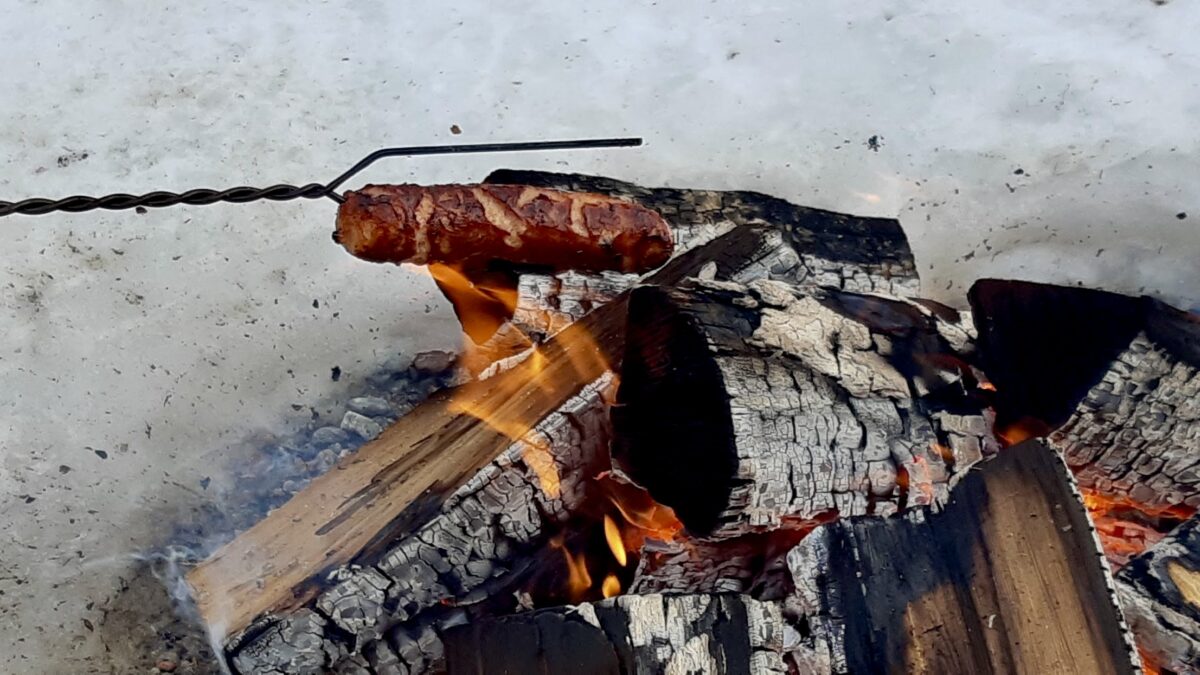
This year, programming in Borups Corners and Melgund Township is rebuilding memory through digital arts, storytelling, and community resilience.
This summer, thanks to the Ontario Arts Council Multi and Inter Arts Projects program, we’ve been privileged to support arts and capacity building here in Melgund Township. It’s been a lot of fun, and that’s why we do it. But today, we wanted to touch on why storytelling has been such an important component of our efforts this year.
As many who read our site knows, the Dyment Recreation Hall suffered a terrible flood in summer 2022. The entire lower level had to be constructed. One of the big hits for that was the loss of all the old books that used to line the shelves. Those old books, many going into the garbage because they were damaged, go all the way back to the 1930s and 1940s when the hall was an old schoolhouse.
That’s why storytelling has been so important this year. And our focus on digital arts ties into that too. This year’s programming was pretty basic, but it taught us the basics of collecting new stories, and how to publish them. This way, we will always have electronic copies, the data stored safely and to create a new collection of books.
This project has been about more than just learning new skills—it has been about reclaiming something that was nearly lost. The books damaged in the flood weren’t just pages and bindings; they were living connections to the people, memories, and moments that shaped our community across generations. Their loss reminded us how fragile history can be, and how important it is to safeguard stories so they can continue to be shared.
This year, by weaving digital arts into our arts and recreation programming, we’ve taken the first steps in building something lasting. Each story collected, scanned, or written becomes more than an entry or a file—it’s a piece of identity preserved for the future. When youth and community members learn to capture these old stories, and to tell new ones they are not only practicing creative skills but also becoming caretakers of memory. The act of publishing, even in its most basic form, becomes an act of resilience.
In many ways, this year’s program gave us a new sense of purpose. What was once lost can be made new—not by recreating the past, but by carrying its spirit forward through fresh voices and tools. This summer was a beginning. As we look ahead, we see a future where our shelves may be filled once again, not only with books but with stories told in new mediums, shared across generations, and protected for years to come. That is the power of storytelling, and that is why we continue this work.




